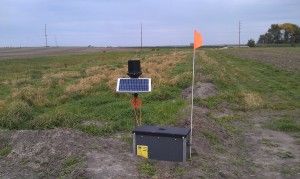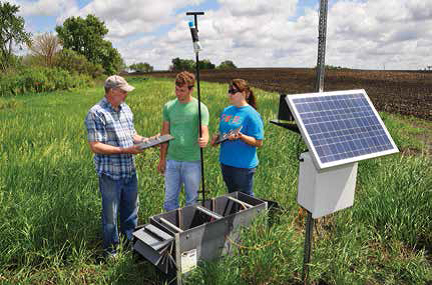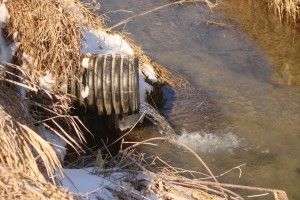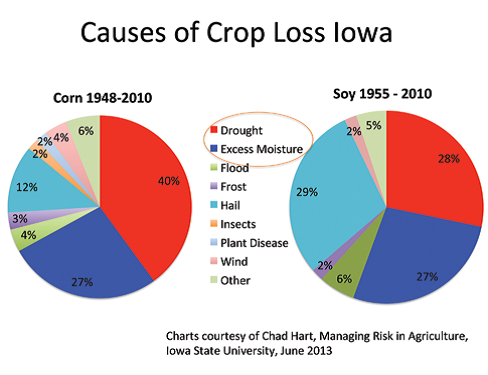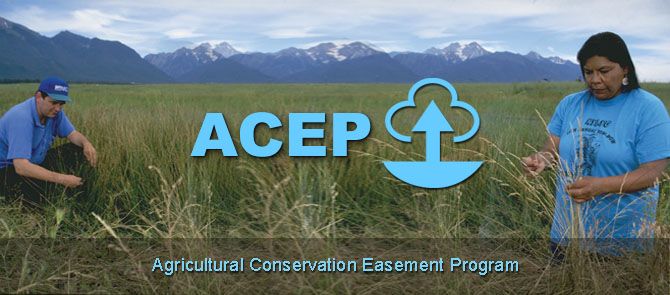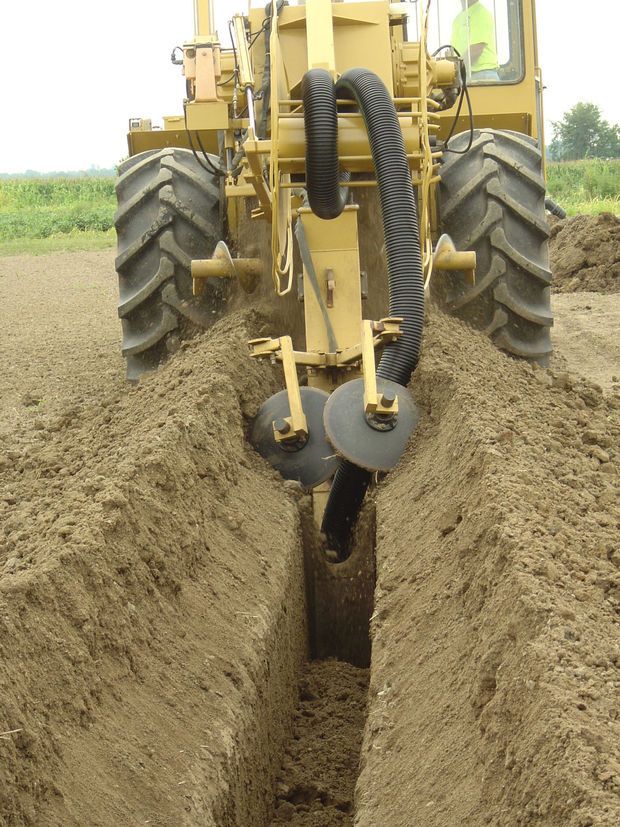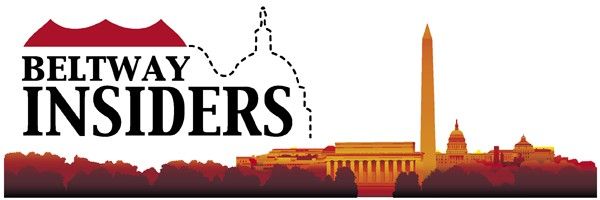For Immediate Release Contact: Dustin Vande Hoef
Thursday, Feb. 11, 2016 515/281-3375 or 515/326-1616 (cell)
SECRETARY’S IOWA AG LEADER AWARDS PRESENTED AT AGRIBUSINESS SHOWCASE
LaCrosse Seeds, Agriland FS, New Leader, AgriDrain and Certified Crop Advisors Pat Tekippe and Terry Grote recognized for efforts to improve water quality
DES MOINES –Iowa Secretary of Agriculture Bill Northey today announced four agribusinesses and two Certified Crop Advisors (CCAs) as recipients of the Secretary’s Iowa Ag Leader Award for outstanding leadership in improving Iowa’s water quality. Northey recognized agribusinesses LaCrosse Seeds, Agriland FS, New Leader and AgriDrain and CCAs Pat Tekippe from Winneshiek County and Terry Grote from Black Hawk County.
“Partnerships have been a key to the Water Quality Initiative since the very start and it is great to be able to recognize these ag businesses and Certified Crop Advisors that have really taken a leadership role in helping advance water quality efforts in the state,” Northey said. “We are fortunate to have support from many businesses and CCAs all across the state who have taken responsibility to help farmers and landowners improve water quality and it is great to be able to recognize these award winners.”
Northey presented the awards at the Agribusiness Association of Iowa’s Showcase and Conference at the Iowa State Fairgrounds in Des Moines.
LaCrosse Seeds
LaCrosse Seeds is a leading forage, turf, cover crop, pasture and related agricultural seed supplier. They’re helping support and grow the use of cover crops in the state by providing not only a range of cover crop seed varieties and mixes, but also sound agronomic advice relating to the successful establishment and management of cover crops in Iowa.
LaCrosse has been an active partner in the ADM-Unilever Sustainable Soy program. Offering discounts to participating producers for cover crop seed purchases.
Agriland FS, Inc.
Agriland FS is a farmer-owned cooperative servicing southern Iowa with 17 CCAs currently on staff. Agriland FS places a strong emphasis on the continuous training of new crop specialists and implementation of best management practices such as variable rate technology that support a voluntary, science based approach to implement Iowa’s nutrient loss reduction strategy.
The FS System has shown the effectiveness of managing nitrogen as a system that result in both economic and environmental benefits. Agriland FS is guided by the 4Rs of nutrient stewardship, the use of soil testing, N-Watch, stabilizers, split applications, and cover crops when appropriate. These efforts have led to significant investments in equipment and implements in order to deliver these services.
Agriland FS is a valuable member to the Bluegrass/Crabapple WQI watershed project in Audubon County.
New Leader
New Leader products are used to apply fertilizer, ag lime, micronutrients, seed and cover crop seed. These products contribute to nutrient efficiency because of the ability to variable rate up to four products at once.
They also recently developed an advancement that takes precision further with independent spinner speed operation for boundary spreading to reduce overlap. New Leader is leading in the efforts that contribute positively to Iowa’s Nutrient Reduction Strategy through improved nutrient management equipment development and manufacturing.
AgriDrain
AgriDrain is a manufacturer of water control and management equipment. These products are critical components to many of the practices in the Nutrient Reduction Strategy, including (but not limited to): wetlands, bioreactors, saturated buffers, ponds, terraces and controlled drainage. AgriDrain has been a leader in developing the delivery and advancement of many of these technologies. The products they manufacture can not only help improve water quality, but also have the potential to manage water in a way that boosts crop productivity and resilience.
The company is instituting a “Smart Drainage System” product line that includes automated controls and innovative management options. They are a significant supporter of conservation projects and research efforts and have participated in 37 projects across the nation over past 5 years alone, including several water quality projects in Iowa
Pat Tekippe, Certified Crop Advisor in Winneshiek County
Tekippe is a Pioneer sales rep for Farmers Union Cooperative in NE Iowa (Ossian) and an active participant and advisory board member for the Central Turkey Watershed Project in NE Iowa. In addition to using cover crops and other practices on his own farm, he coordinates aerial application of cover crops for area producers. They seeded over 3200 acres last year. He’s been a great asset to the project through producer engagement at the co-op and presence at project events. He’s also an agronomist for Northeast Iowa Community College and been instrumental as the college’s farm has transitioned to no-till with cover crops.
Tekippe was recommended by Central Turkey River Nutrient Reduction Demonstration Project Coordinator, Michelle Elliott.
Terry Grote, Certified Crop Advisor in Black Hawk County
Grote is an agronomist for Spence Fertilizer in La Porte City. In that role he has been an important contributor to the Miller Creek WQI project in Black Hawk County. He has helped reach out to area farmers and provided information about nutrient management and has helped promote interest in strip-till and nitrification inhibitors. Spence Fertilizer has helped sponsor field days and other outreach events and Grote is also a member of the Miller Creek Advisory Board.
Grote was recommended by Shane Wulf, Miller Creek WQI project coordinator.
-30-
*** Reporters and Editors: Photos of Secretary Northey presenting the awards to LaCrosse Seeds, Agriland FS, New Leader, AgriDrain and Terry Grote are available upon request.
Visit CleanWaterIowa.org to learn more about voluntary, science-based practices that can be implemented on our farms and in our cities to improve water quality. Iowans can also follow @CleanWaterIowa on twitter or “like” the page on Facebook to receive updates and other information about the ongoing Iowa water quality initiative.


